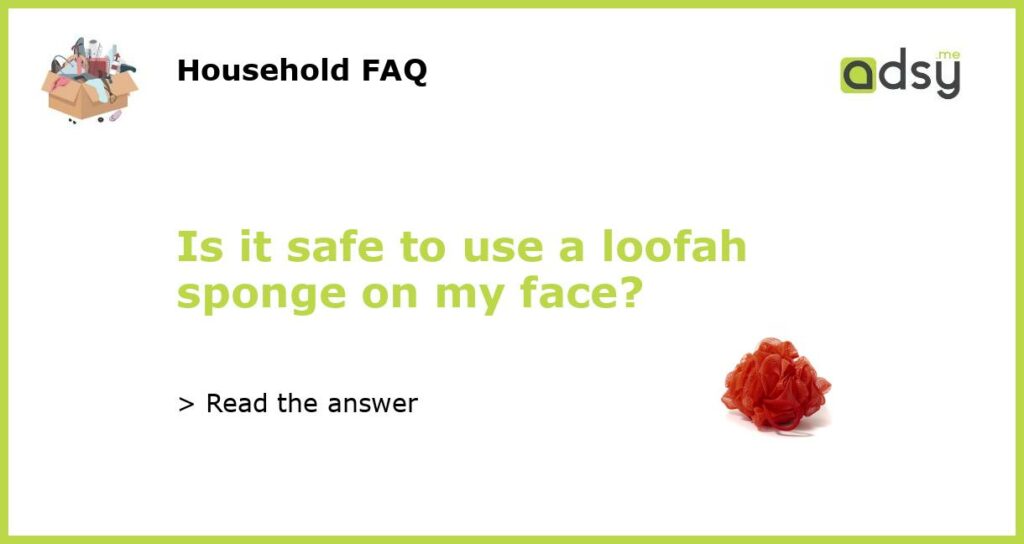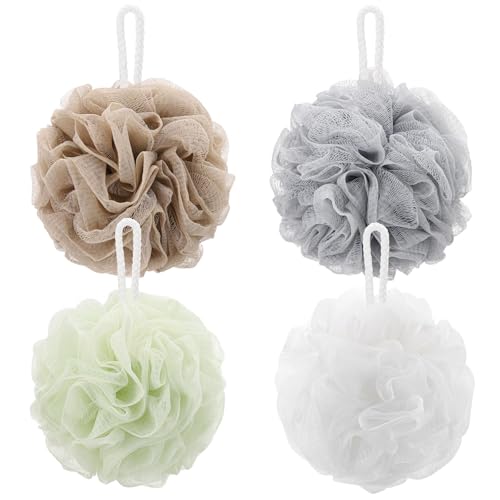h3: What is a Loofah Sponge?
A loofah sponge, also known as a luffa, is a natural exfoliating tool made from the fibrous skeleton of the loofah plant. When dried, these fibrous sponges become rough, making them an excellent tool for gently removing dead skin cells from the body. However, when it comes to using a loofah sponge on the face, the answer is not as straightforward.
h3: Pros of Using a Loofah Sponge on the Face
Using a loofah sponge on the face can have a number of benefits. For one, it can help to slough away dead skin cells, which can lead to a brighter complexion with a smoother texture. Additionally, using a loofah sponge on the face can help to unclog pores, which can reduce the risk of breakouts. Finally, by removing dead skin cells, the sponge can help to increase the absorption of skincare products, allowing them to more effectively penetrate the skin.
h3: Cons of Using a Loofah Sponge on the Face
While there are some benefits to using a loofah sponge on the face, there are also some cons to consider. For one, using a loofah sponge on the face can be too harsh for some skin types. Especially for those with sensitive skin, using a loofah sponge regularly can cause irritation, redness, and even skin damage. Additionally, using a loofah sponge on the face can introduce bacteria and dirt to the skin, which can lead to breakouts if not properly cleaned.
h3: Alternatives to Using a Loofah Sponge on the Face
If you’re looking for a way to exfoliate your face without the use of a loofah sponge, there are a number of alternatives to consider. Chemical exfoliants like AHAs and BHAs can help to gently slough away dead skin cells, while enzymatic exfoliants like papaya and pineapple enzymes can offer similar benefits without the need for physical scrubbing. Additionally, using a soft, damp washcloth to gently exfoliate can help to remove dead skin cells without causing irritation.
h3: Tips for Using a Loofah Sponge on the Face Safely
If you do decide to use a loofah sponge on your face, there are some tips to keep in mind to ensure you’re doing so safely. For one, be sure to choose a natural loofah sponge that hasn’t been treated with any harsh chemicals. Additionally, always moisten the sponge before use to help soften the fibers and reduce the risk of irritation. Finally, be sure to clean and replace your loofah sponge regularly to prevent the buildup of bacteria.






